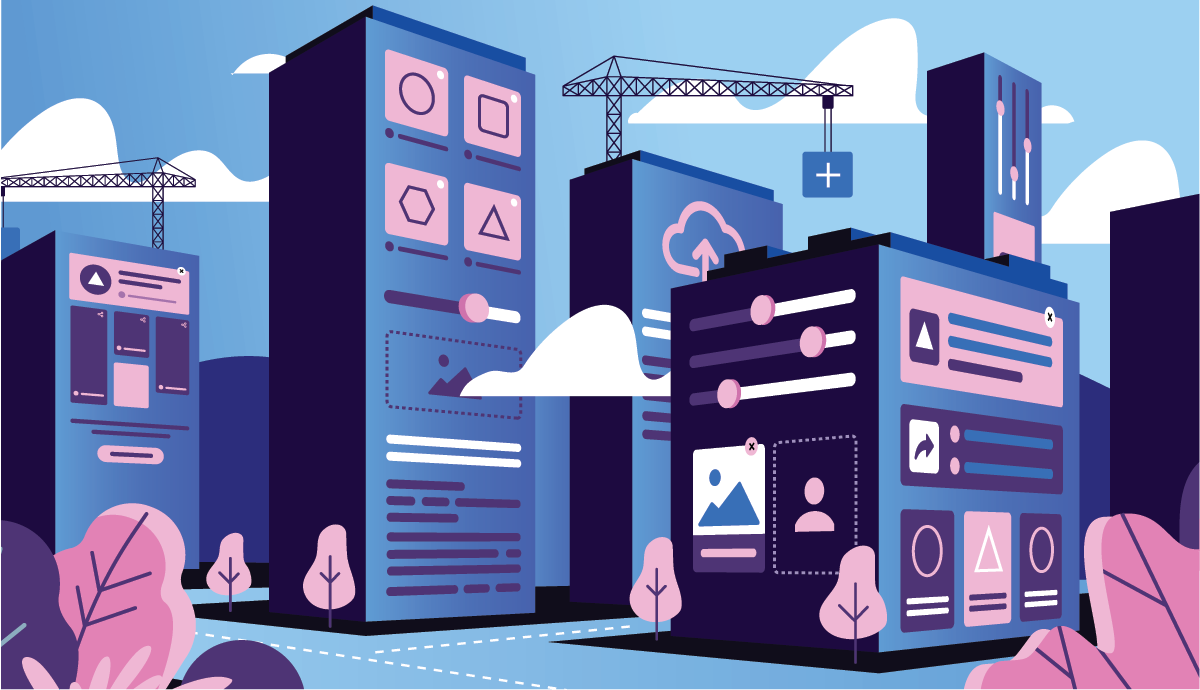
The city of the future will use the Internet of Things to power its connectivity.
Written by Mike Thomas
Cities all over the world are getting smarter. And this smart city technology has everything to do with the ever-burgeoning Internet of Things — the vast network on which numerous linked devices share data that’s analyzed and then acted upon to optimize conditions in a variety of sectors.
Smart city technology uses IoT’s hyper-connectivity to make cities safer, greener and more efficient. IoT devices are being deployed throughout cities to measure and monitor everything from air quality to traffic and crime patterns.
From traffic lights and parking to environmental sensors and waste management, IoT helps urban areas operate more smoothly, sustainably and efficiently, which enhances the quality of life for residents and saves money in the process. As is the case any time large amounts of personal and public data fly back and forth, there are security concerns, but they seem to have had little impact on growth. According to one report, cities are expected to invest about $41 trillion through 2035 “to upgrade their infrastructure to benefit from the IoT.” The cost savings of doing so could be huge, as well.
As the capabilities of IoT continue to grow, there are sure to be organizations innovating how our cities function. Here are smart city solution companies using IoT.
Samsara , an IoT company, partners with customers across construction, transportation, warehousing and logistics. It also works directly with municipalities to help them operate their fleets more safely and efficiently. Samsara partners with the city of Boston to provide connected sensors to improve citizen services, gain insights into the city’s fleet of snowplows and monitor the battery life of Boston’s fleet of electric vehicles.
Location: Washington, D.C.
Cavnue develops tech for connected roads, aka “cavnues,” which are posited as the next wave of tech in the transport space. Paired with advanced driver assistance systems, this future tech is geared up to power autonomous mobility systems like driverless cars, public transit and freight fleets. Cavnue’s digital road models provide real-time analytics about road conditions that will be communicated with connected vehicles for increased safety and efficiency.
Location: San Jose, California
Cisco’s location monitoring technology lets users view live feeds of any surveillance camera to assess security conditions. They’re also able to collect data on crime type and location to help predict patterns, and even social media is monitored for possible threats. The company’s Infrastructure Financing Program makes it easier for cities to adopt the IoT technology.
Location: San Francisco, California
StreetLight Data analyzes “mobility behavior” using data provided by smartphones, GPS devices, connected cars and commercial trucks, fitness trackers and other devices — all of which create location records when they ping cell towers and satellites. The company’s “proprietary algorithmic processing engine,” Route Science, extracts actionable information that’s used to improve travel conditions. Through its InSight platform, the company can provide cities with on-demand daily traffic metrics.
Location: Santa Clara, California
Enlighted uses its sensor and analytics platform to help commercial buildings reduce energy costs and enhance occupant comfort. The platform offers data on employee movement, which buildings can use to implement smart lighting, demand-driven heating and cooling.
Location: Austin, Texas
FLASH develops parking infrastructures that eliminate disconnected and single-served parking systems. For smart cities, cloud-native technology allows involved parties, like real estate agents and parking operators, to prevent congestion, lack of visibility and poor customer experiences. Additionally, the platform monitors supply and demand, ultimately enhancing a city’s ability to create clean, safe parking solutions for the future.
Location: Chicago, Illinois
Locusview designed a Digital Construction Management platform to help utility control. The Chicago-based company assists energy and telecom companies with large construction projects with back office and in-the-field solutions. Some of these solutions include as-built reports, fieldwork validations, sensor-based data collection and system integrations.
Location: New York, New York
Optibus's SaaS platform is used for sprawling public transit systems and much smaller operations. The platform employs proprietary algorithms and advanced data analysis to plan and schedule vehicle and driver movements “with detailed insight into how this affects operations, on-time performance and costs.” The company’s goals are to improve “service quality and efficiency, reduce costs, streamline operations and reduce congestion and emissions.”